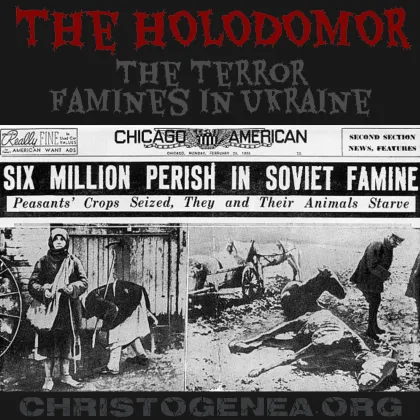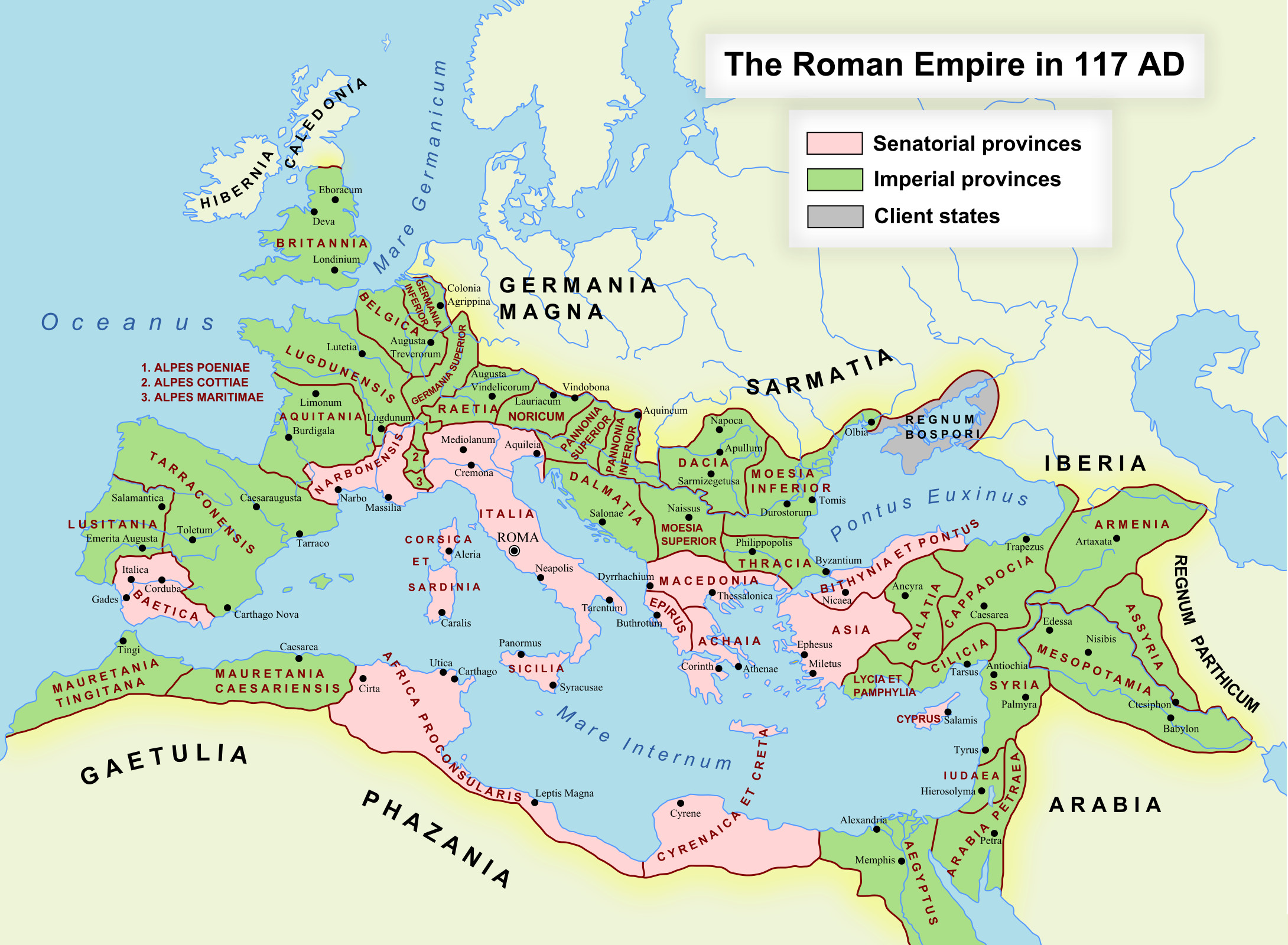Martin Luther in Life and Death, Part 7: Luther and the Humanists
Martin Luther In Life and Death, Part 7: Luther and the Humanists.
Here we will continue our presentation of Martin Luther in Life and Death, and we are still in the portion of this endeavor which concerns Luther's life. This is the 7th installment of this series, and we hope to eventually present an understanding of the events relating to the Reformation up to the time of the Thirty Years' War. I do not know exactly why this took so long to get back to, because tonight is a culmination of what we presented over the first 6 segments, where the reason for presenting everything which we did in those segments should become manifest.
When we last discussed the life of Martin Luther, we talked at length about the indulgence dispute, and then about exchanges of letters which Luther had with certain of the Hussites, the followers of Jan Huss in Bohemia who had successfully broken away from the Roman Catholic Church. We saw that in 1519 Luther had been criticizing the Hussites for breaking from the Roman Catholic Church, but then in 1520 he began commending them. Luther's sudden admiration for the Hussites whom he had formerly criticized corresponds to his own change-of-heart and ambitions towards the Romish Church.








 Please click here for our mailing list sign-up page.
Please click here for our mailing list sign-up page.







